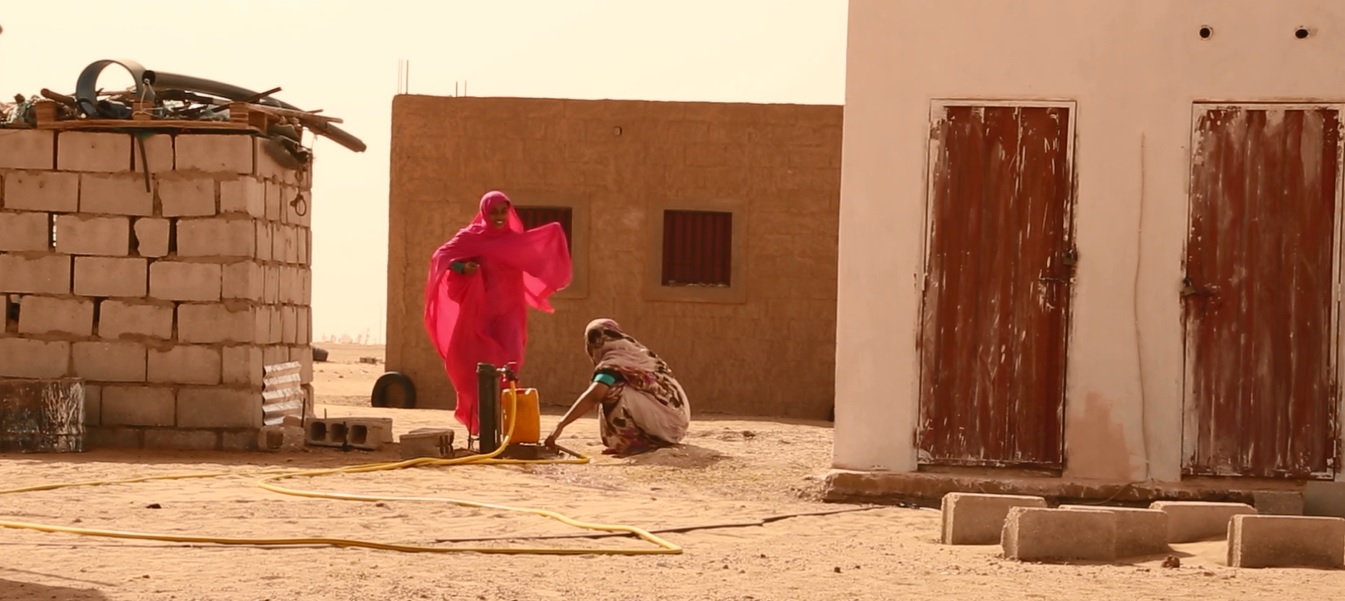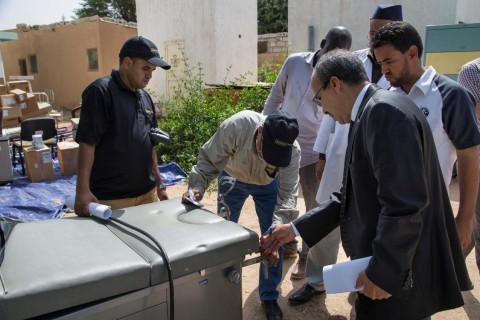Last month, we launched our 2017 Corporate Responsibility Report, an in-depth review of our CR performance over the last two years.
The report highlights case studies that exemplify progress made in our communities based on efforts stemming from our CR programs.
Our ‘Contributing to Sustainable Development in Rural Mauritania’ case study examines the impact of Kinross’ programs by surveying surrounding communities from 2013 and 2017 to analyze changes that have occurred as a result of Kinross’ programs.
Significant positive changes include declines in unemployment and illiteracy, improvements in housing and related facilities, increases in those obtaining post-secondary education, and increased income-generating activities/micro-businesses.
Studies in 2013 found that improvements had been made within 30km of the mine, however 2017 studies found improvements extended further out with positive changes impacting household expenditures, percentage of people living off <$1/day and self-perceptions of poverty.
The report also looks at indicators from the Beyond Zero Harm framework that compares the study area with the rest of the country. Key indicators include increased percentages of immunization rates and adult literacy, and access to improved drinking water in communities surrounding the mine.
The overall outcome of the studies indicate that areas surrounding Tasiast are advancing at a faster rate than the rest of the country, most specifically in education and basic services.
To learn more about the study, visit page 44 in our Corporate Responsibility Report PDF.

Community members sell groceries as part of their income-generating program

Community members retrieve clean water for drinking



